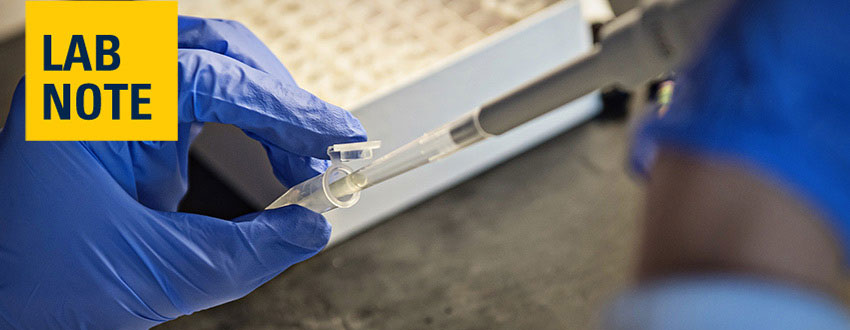Researching how the tumor microenvironment impacts pancretic cancer
Media contact: Nicole Fawcett 734-764-2220 | Patients may contact Cancer AnswerLine™ 800-865-1125
GOT2 causes metabolic changes that pancreas tumors overcome.

Within a pancreatic cancer tumor, different cell types interact to facilitate the tumor’s growth. Researchers see disrupting this metabolic crosstalk as a compelling target for treatment.
In a new study published in eLife, researchers from the University of Michigan Rogel Cancer Center looked at the mitochondrial metabolism, which is key driver of pancreatic cancer.
By looking at cell lines, they found loss of the mitochondrion GOT2 causes metabolic changes that impair cellular growth. But in engineered mice, loss of GOT2 had no effect on tumor growth or initiation.
Cancer cells use a complex cell-intrinsic rewiring and crosstalk with the tumor microenvironment in vivo. These data emphasize an under-appreciated role for GOT2 in pancreatic tumor redox homeostasis and illustrate the way cancer cells use biochemical pathways and metabolic plasticity to grow in vivo.
The study was led by Samuel Kerk, who works in labs run by Rogel members Costas Lyssiotis, Ph.D., and Yatrik Shah, Ph.D.
“This work suggests the role of the tumor microenvironment should be considered when targeting cancer metabolism,” the authors wrote. “Targeting pancreatic cancer metabolism is an alluring approach, and a more detailed understanding of the metabolic crosstalk occurring in a pancreatic tumor can shed light on potential resistance mechanisms and inform more effective metabolic therapies.”
Paper cited: "Metabolic requirement for GOT2 in pancreatic cancer depends on environmental context," eLife. DOI: 10.7554/eLife.73245
